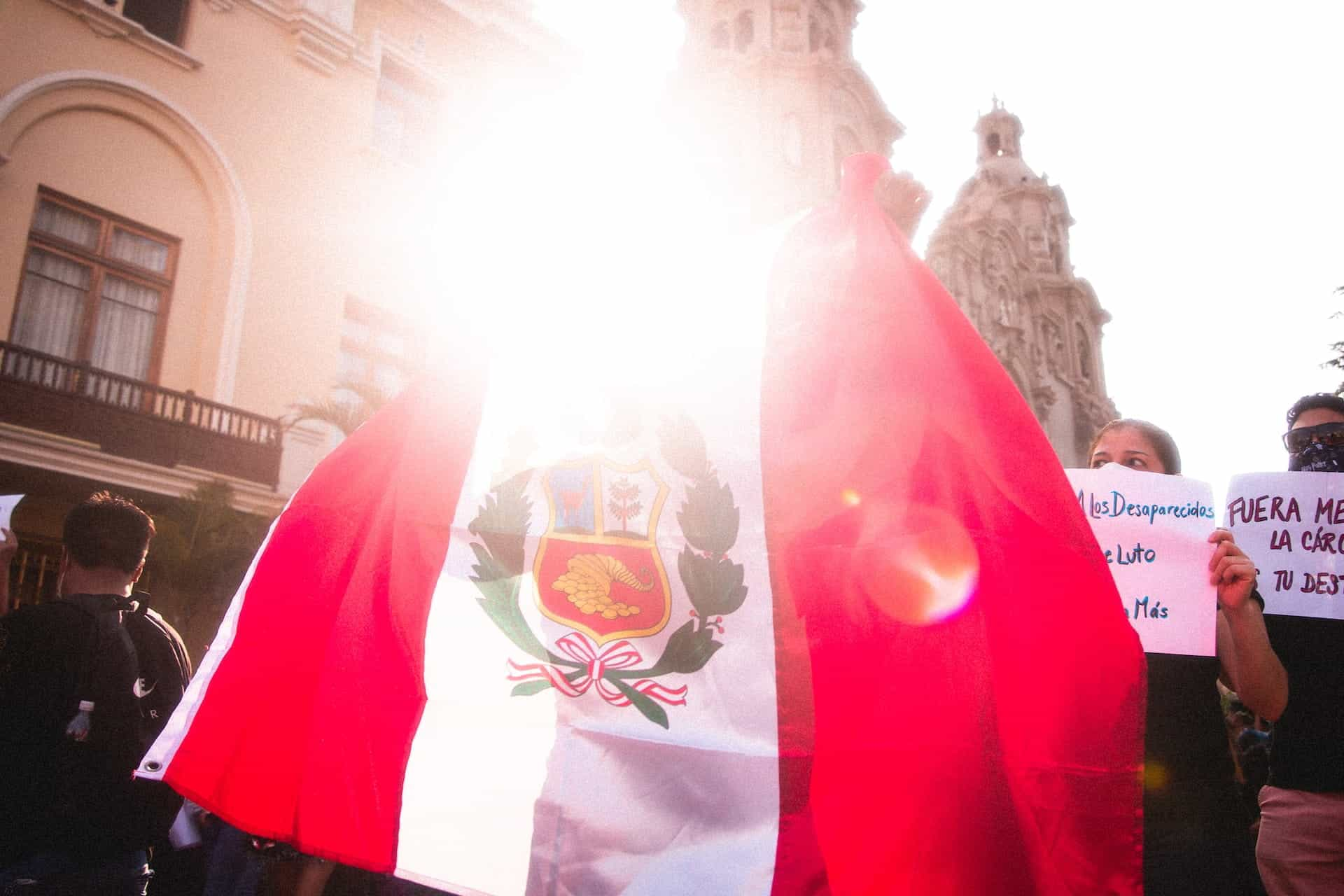Peru Votes on Gaming Anonymity Issue
Peru only approved a law to regulate gaming in the last year, which means finer details of the law are still being debated and processed. One such detail that has been voted on now is about whether or not players will be allowed to participate anonymously in online gaming or sports bets. Among other points, the legislature has voted on this and has determined that anonymous betting will not be possible.

Peru is finally addressing finer points of its recently approved betting law.
?Alvaro Palacios/Unsplash
Peru’s gaming law in flux
Peru’s Law 31,557 allowed for legal, regulated gaming across a variety of verticals last year, including sports betting. In the months since the law’s approval by Peruvian legislators, lawmakers have continued to refine gaming regulations in the South American country.
Though Peruvians were lately occupied with more serious matters — namely the complete change in power of the presidency and subsequent, deadly protests — some attention has been able to return back to everyday matters like gaming regulation.
These decisions have been the focus of the Commission of Economy, Banking, Finance and Financial Intelligence within Peru’s congress. The commission’s latest decision, made in late April 2023, was to approve a modification to the betting law which would ensure tax is collected in the proper way.
This not only refers to how much tax is collected, when, and by which operators. It more specifically looks at how a gaming business must operate. For example, an operator with betting facilities may only offer this service, or else the service must be attached to another service which primarily has to do with gaming.
That means other types of shops, entertainment facilities or service industries may not also engage in the betting business. This would complicate the collection of tax, and so it has now been outlawed in order to keep gaming activity separate and more manageable.
The text that was voted on this time around — as written by congresswoman Lady Camones Soriano — also included information about anonymous betting. It now specifies that players may not bet anonymously. The reason is that this would open the way for illegal activity like money laundering and match fixing.
Furthermore, any bonuses offered by online betting platforms — which have also been approved under the current law — must be taxed just like any other gaming winnings. The argument for this is to combat gaming addiction, whereby players may be tempted to bet more in order to win untaxed earnings. This de-incentivizes such behavior.
How did changes to the law occur?
For existing gaming operators, there was one positive point in the modification. Rather than being forced to move or close down completely, existing operators are allowed to stay within 150 meters of educational or religious facilities. This has changed with the new law to a minimum distance of 150 meters, meaning new shops that open will have to abide by the new distance requirement.
These modifications were proposed by Camones, but received feedback from Mincetur, Peru’s Ministry of Foreign Trade and Tourism, who employed experts in certain aspects of the industry. These experts gave back largely positive feedback, which empowered the congress to make a decision in favor of the law.
Some other points that the experts agreed with modifying included: allowing non-Peruvians (i.e. tourists) to participate in gaming, and not requiring online platforms to use a bet.pe domain (something that has been adopted in other countries, like in Spain).




